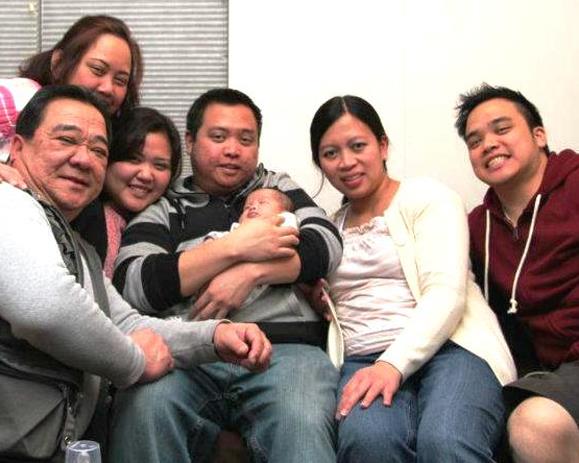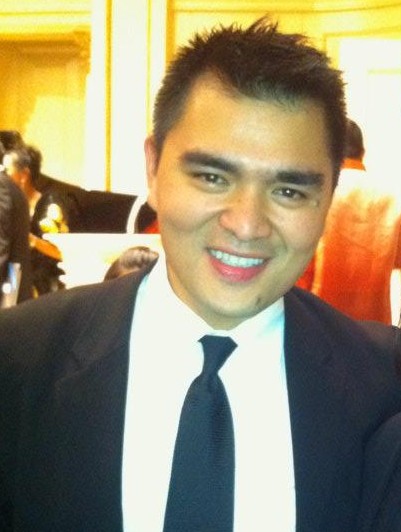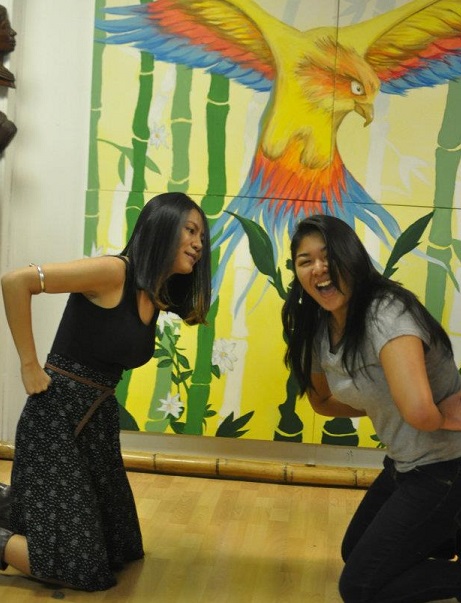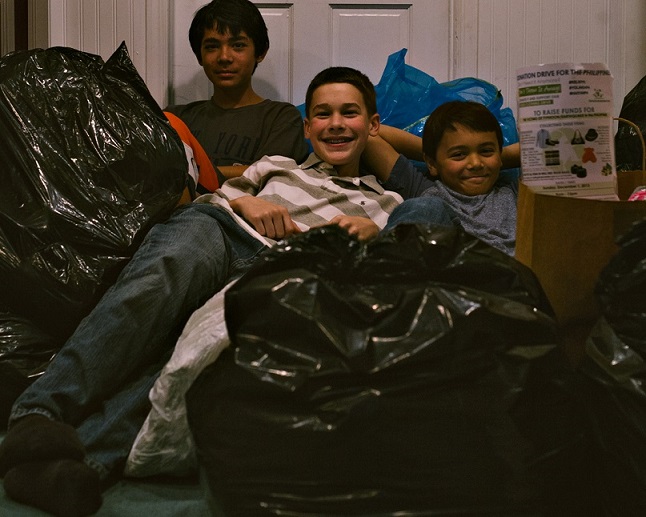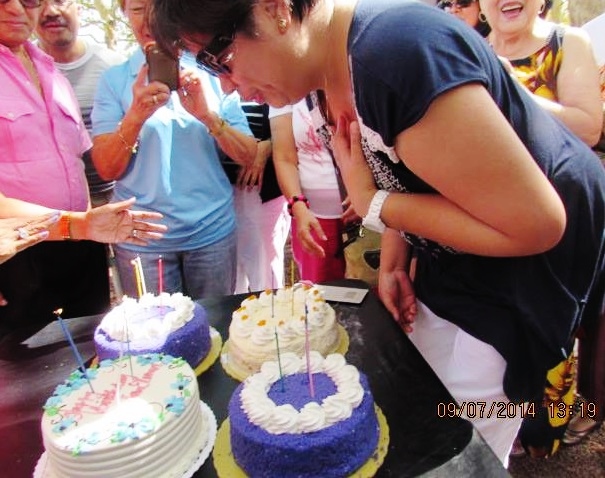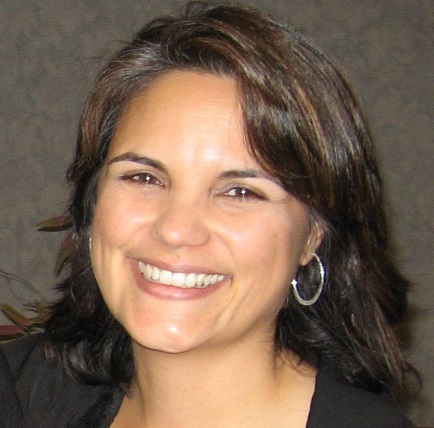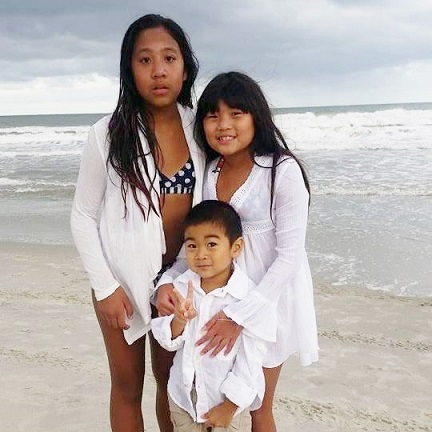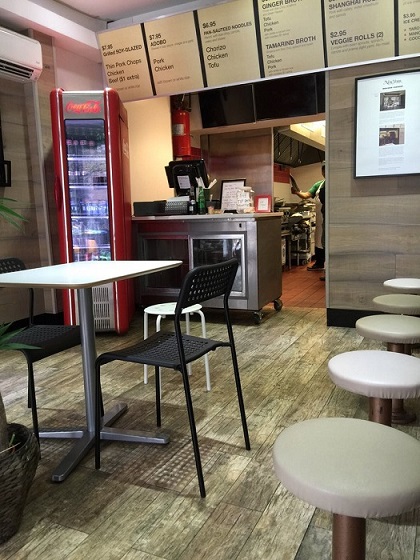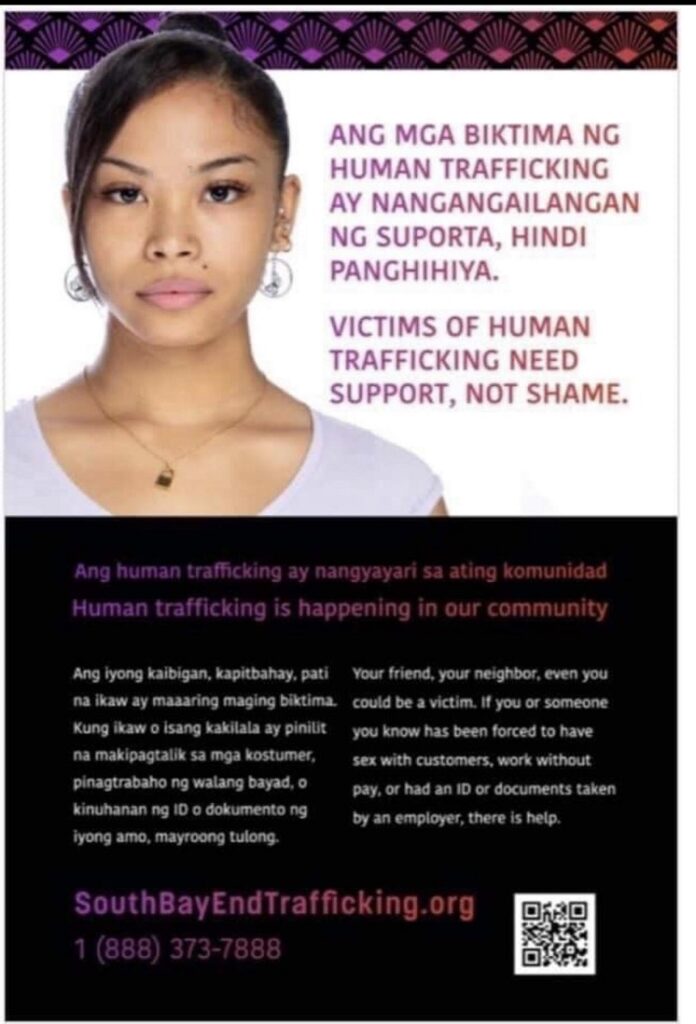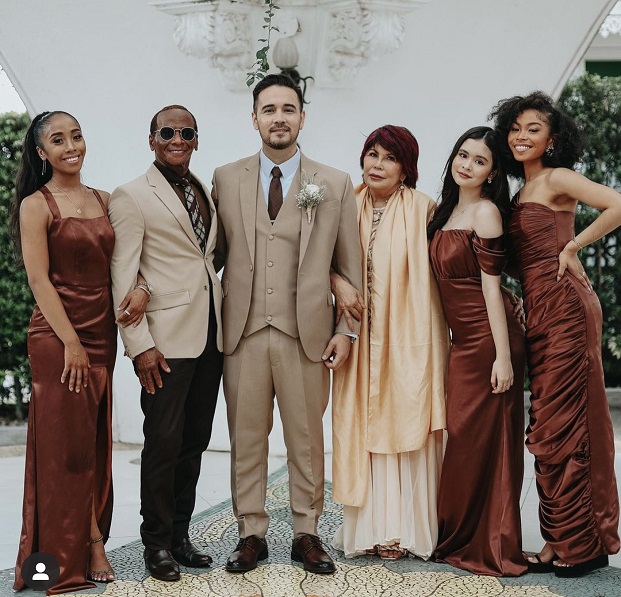Singer Zeyoncé: Proud to be Black and Brown
Brown family legend has it that Zeyoncé didn’t have a name for two to three days when she was born on December 30,2001 in Milpitas, Calif.
The family was big fans of Beyoncé Knowles who was then still with Destiny’s Child and not yet the celebrated icon that she is today. Her parents named their daughter Zeyoncé surprised to see their youngest of four siblings would one day aspire to follow in the superstar’s footsteps. Zeyoncé is happily basking in the glow of her borrowed name down to the diacritical mark
Zeyoncé Brown grew up in a music-loving biracial family. Her American father, Alex, a building maintenance mechanic from Virginia Beach, VA, comes from a family that sings at a church choir. He plays percussion and sings karaoke. Her mother Linda, who comes from San Andres Bukid, is equally music-minded. She loves to listen to old Filipino songs and she has a mother who was prone to whistling.
“Both my parents’ families love to sing and dance,” she said when interviewed by The FilAm. “My mom told me my Lola Iday can whistle an entire song. I think I got the whistling from her. She died a week before I was born,” said Zeyoncé.
The up-and-coming singer is pursuing a musical career that is moving along steadily and nicely. She will perform in a show with Pokwang and K Brosas on March 18 at the San Mateo Performing Arts and at another concert with Vice Ganda on April 22 also in California. She has appeared in concerts with Lani Misalucha, Nonoy Zuniga, Jed Madela and Louie Reyes, and has received invitations to sing the Philippine National Anthem “Lupang Hinirang,” as well as the “Star Spangled-Banner” in local community gatherings, sporting events and Filipino fiestas.
But Zeyoncé is biding her time.
In between singing gigs, she engages in other activities like promoting social justice causes. She is literally a poster child against human trafficking, appearing in a PSA campaign sponsored by the San Jose Police Department promoting the End of Human Trafficking: “Victims of Human Trafficking needs Support not Shame” is her message.
“For doing advocacy to end human trafficking, the San Jose Police Department hired me and other different nationalities like Chinese, Vietnamese, Japanese, Taiwanese and other Asians,” she said. “My posters are written in Tagalog. They are displayed in San Jose Mineta Airport, billboards and buses.”
Tagalog songs
Zeyoncé started singing at age 6. “I can sing Tagalog songs,” she said proudly.
She sang three original compositions written specifically for her by celebrated composers Vehnee Saturno (“Dapat Na Ba”), Marcus Davis and Mikee Misalucha (“Labo Mo”), and Jin Chan, who is also Sarah Geronimo’s composer (“No Way”).

“Music means a lot to me. It is my way of expressing myself and being able to relate to other people,” she said.
She was coy when asked about her “signature style.”
“I really don’t have a particular thing that I do on stage as a signature move, but I always love to connect with the audience,” she said. “Finding my style is something that I am working on, one that fits my personality that shows the Filipino side and African American side of me.”
She’s proud to be both Black and Brown, she told The FilAm.
“I love both of my parents’ cultures. They are similar in many ways. There’s a lot of love on both sides, and they both have big families,” she said. And of course there’s music that binds both families as one.
For Zeyoncé, being able to move her audience to groove with her is something that is gratifying to a performer.
“It really makes me happy when I see the audience is happy and enjoying my performance. When they applaud and connect with me, then I know I did an awesome job, that is a wonderful feeling,” she said.
That she is attracting the attention of notable composers can only mean this biracial Pinay shows enormous promise as a vocalist. Success takes time, courage, and patience, she reminds herself.
“In God’s perfect time.” – Cristina DC Pastor

